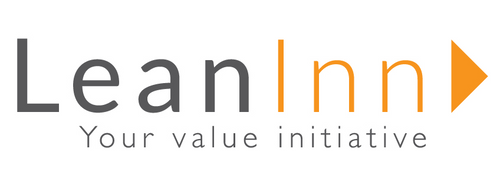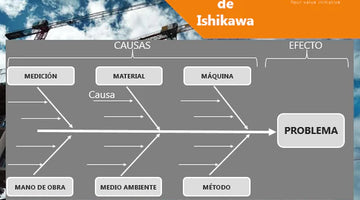process
- Todas
- 5 porqués
- 5 whys
- A3
- Agilidad
- Agility
- Almacenamiento
- ambiental
- analisis
- aplicación
- aprender
- aprendizajes
- Article
- Artículo
- BIM
- blog
- calidad
- calidad total
- cambios
- Canvas
- certificación
- Chile
- ciclo
- Clase
- cliente
- Clientes
- Coffee
- Compañias
- Companies
- comunicación
- conocimientos
- Construcción
- Construction
- construir
- convicción
- Coronavirus
- COVID
- COVID-19
- Cultura
- Culture
- curso
- Curso Lean
- Cursos
- definir indicadores
- Demanda
- deming
- Descuentos
- design
- desperdicio
- Diagram
- Digital
- digital transformation
- E-Commerce
- Educación
- effect
- emprendedores
- emprender
- empresa
- Empresas
- English
- Entrada
- Entrenamientos
- Equipos
- eric ries
- Estandar
- estrategia
- evolución
- Experience
- Expertos
- factory
- feliz navidad
- filosofía lean
- Flexibilidad
- flujo
- Formación
- Formato A3
- Future
- futuro
- Gemba
- Gemba Walk
- Gestión
- Grafic
- Guiding
- herramientas
- Herramientas Lean
- identificar
- impacto
- implementación
- Implementation
- indicadores
- indicadores clave
- industria
- industrias
- Industry
- Information
- Innovación
- Innovation
- Inscripción
- Insutrias
- Invitación
- Ishikawa
- Kaizen
- kanban
- Key Performance Indicator
- KPI
- Last Planner® System
- Lean
- LEAN BIM
- lean bim transformation
- lean construction
- lean culture
- Lean Management
- lean manager
- Lean Mangement
- lean manufacture
- lean manufacturing
- Lean Production
- lean transformation
- leanbim
- leanconstruction
- leanculture
- LeanInn
- leanmanagement
- leanmanufacturing
- Leanmanufaturing
- leanprocess
- Learning
- LPS
- Management
- Mantenimiento
- manufacturing
- maximizar
- medición
- medir
- mejora
- Mejora Continua
- Methodologies
- Metodología
- minera
- minería
- Mining
- mvp
- Negocios
- Networking
- Noticias
- Objectives
- Objetivos
- Operaciones
- optimizacion
- optimizar
- Organización
- Organizaciones
- Organization
- Outbreak
- Pareto
- Planificación
- planificación colaborativa
- Planification
- poka yoke
- preventa
- Procesos
- process
- Processes
- productividad
- producto
- Productos
- Profesional
- Programa
- Project
- Projects
- proveedores
- Proyectos
- Pull
- Push
- PYMES
- Quality
- Recursos Humanos
- Resiliencia
- Resultados
- Results
- seguridad
- Servicios
- Shingo
- Sin categoría
- SIPOC
- Sistemas
- SMED
- standard work
- startup
- steps
- Stock
- Systems
- Tableros
- Talento
- Team
- Team Work
- Techniques
- tecnología
- Tools
- TPM
- Trabajo Estandar
- trabajoestándar
- Training
- valor
- Value
- Value Stream Mapping
- Values
- Virtual
- Visita
- VSM
- Walk
5 ago 2022
THE DIFFERENCES BETWEEN PUSH AND PULL PRODUCTION SYSTEMS.
Push and Pull are production systems that are characterized by organizing manufacturing based on demand and that differ precisely in the choice of when production starts: before or after the product is purchased.
In the Push system, the product is manufactured in advance. Therefore, this model is directly related to demand forecasting, since it is essential to know in advance and with maximum precision what products customers will require, when and in what quantity...
17 jun 2022
THE ISHIKAWA DIAGRAM OR CAUSE-EFFECT DIAGRAM ADDS VALUE AND IMPROVES COMPANY PROCESSES.
The Ishikawa Diagram or Cause-Effect Diagram (also known as Fishbone Diagram due to its structure) consists of a graphic representation that allows visualizing the causes that explain a certain problem, which makes it a tool of the Management of the Quality widely used since it guides decision making by addressing the bases that determine poor performance...


